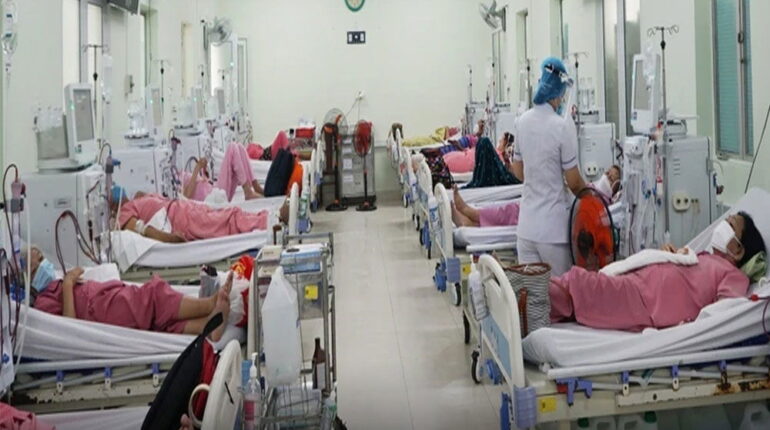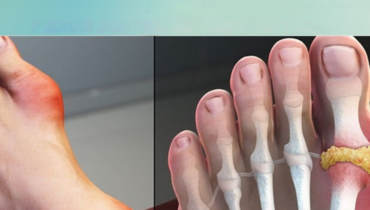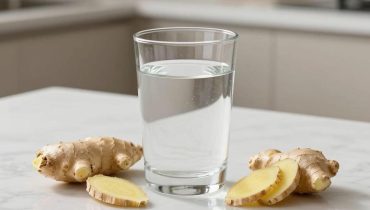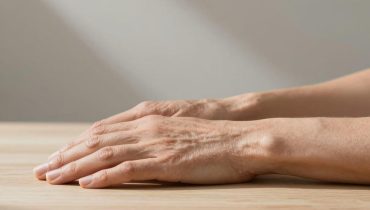📌 Woman lost both kidneys before turning 30: Doctor wa.rns of 2 habits that cause kidney failure, many people have

Posted 13 September 2025 by: Admin
Kidney failure is no longer just a concern for the elderly—doctors warn it’s striking younger adults and even university students.
Recently, news of a young actress developing end-stage renal failure before the age of 30 shocked the public. Experts say cases like this are no longer rare—renal failure is appearing in younger age groups at an alarming rate.
One example is a 1994-born carpenter in Hanoi, Vietnam. Once healthy, he began feeling prolonged fatigue and went for a medical check-up, only to learn he had end-stage kidney failure. Despite medication to preserve function, doctors warned dialysis may soon be necessary.
Another case involved a second-year university student, just over 20 years old. Previously in good health, he fainted unexpectedly and was rushed to the emergency room, where tests revealed advanced renal failure. He admitted to often staying up late, eating fast food, and neglecting exercise.
2 Habits That Raise Kidney Failure Risk in Young People
Doctors note that while kidney failure once primarily affected older adults, lifestyle factors are now accelerating its onset among the young. Two major contributors include:
Unbalanced diet: Excessive protein intake raises uric acid levels, increasing the risk of gout, kidney stones, and long-term kidney damage.
Lack of exercise: Sedentary habits and weight gain lead to metabolic disorders that can harm kidney function.
Don’t Wait for Symptoms—Get Checked Early
Kidney disease is notoriously silent in its early stages. Doctors warn that many patients don’t seek help until severe symptoms—like kidney atrophy—require dialysis. Early signs such as bloating, loss of appetite, dizziness, or vertigo are often mistaken for digestive issues or anemia.
The safest approach is regular health screenings every six months, even if you feel healthy. Alongside check-ups, experts recommend:
Maintaining a balanced diet with moderated protein intake.
Engaging in regular physical activity to prevent metabolic disorders.
Controlling weight and avoiding excessive fast food or sugary drinks.
Protecting kidney health starts with awareness and prevention—long before symptoms appear.




















